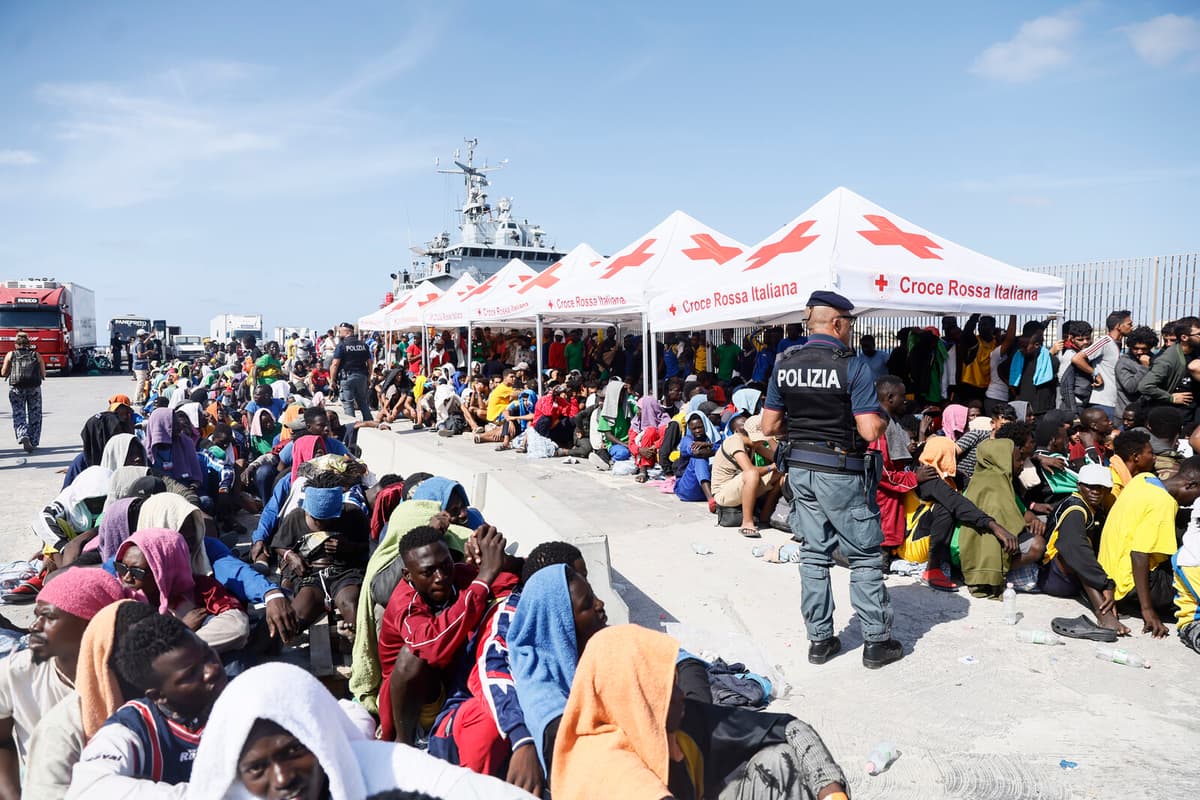The countries on the proposed list are Kosovo, Bangladesh, Colombia, Egypt, India, Morocco, and Tunisia.
In addition, countries that have been accepted as candidate countries to the EU – such as Turkey and Georgia – will automatically be considered safe.
EU member states will thus be able to use a faster procedure to determine asylum applications from citizens of these countries.
No Automation
At the same time, it is emphasized that the list does not mean that all individuals from the safe countries will automatically be considered protected. EU member states must still make individual assessments of all asylum applications, regardless of whether the applicant is from a country considered safe or not.
In parallel, the EU Commission also wants to make it possible to have special exceptions when it comes to how safe countries are defined. The idea is that EU countries will be able to exempt, for example, geographical regions or "clearly identifiable categories" of people.
Italy Welcomes
"Making asylum processes faster and more efficient is a key goal in the asylum and migration pact agreed upon last year. With today's proposal, we want to speed up the implementation," says EU Commissioner Henna Virkkunen in a press release.
Italy – where the government is involved in a court dispute over which countries can be considered safe in asylum and migration contexts – welcomes the proposal.
A success for the Italian government, says Interior Minister Matteo Piantedosi, according to the news agency Ansa.
The proposal will now be handled by the EU Parliament and EU member states in the Council of Ministers in the usual manner.
In asylum and migration contexts, a distinction is made between different types of "safe countries".
* Safe countries of origin are countries whose citizens are extremely rarely considered to have grounds for their asylum applications in the EU.
* Safe third countries are countries that are considered safe enough for an asylum seeker from another country to stay in, rather than continuing to seek asylum in the EU.






